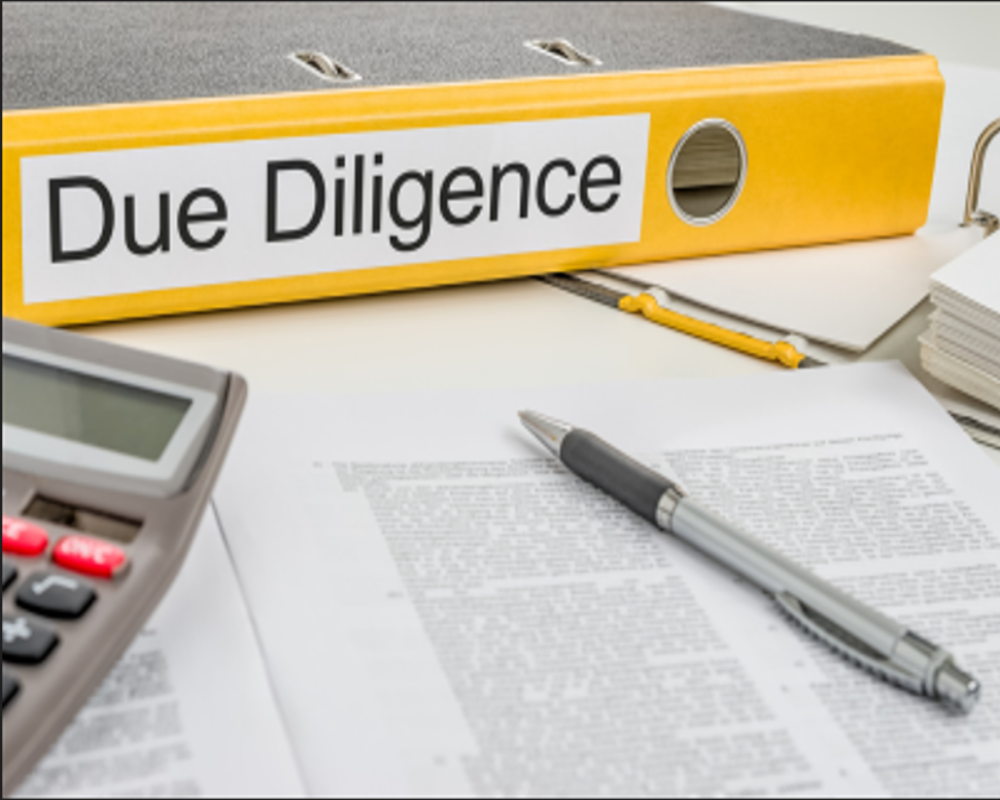1. Standard Duration of Due Diligence Period
The length of the due diligence period can vary based on the complexity of the transaction and the agreement between the buyer and seller. Typically
- Residential Properties: The due diligence period ranges from 10 to 30 days. This timeframe allows buyers to conduct inspections, verify documents, and secure financing.
- Commercial Properties: Given their complexity, commercial transactions often have longer due diligence periods, commonly between 30 to 90 days, to accommodate detailed assessments of leases, zoning laws, and financial records.
These durations are negotiable and should be clearly outlined in the purchase agreement.
2. Key Activities During the Due Diligence Period
During this period, buyers should undertake comprehensive evaluations to ensure the property’s suitability and to uncover any potential issues. Key activities include:
- Legal Verification: Confirming clear title ownership, checking for encumbrances, and ensuring compliance with local zoning laws.
- Financial Assessment: Reviewing the property’s valuation, outstanding dues, and potential for appreciation
- Physical Inspection: Assessing the structural integrity, identifying any necessary repairs, and evaluating the condition of utilities and amenities.
- Regulatory Compliance: Ensuring the property has all necessary approvals and certifications, such as occupancy and environmental clearances.
Thorough due diligence helps in making informed decisions and can prevent future legal or financial complications.
3. Importance of a Well-Defined Due Diligence Period
A clearly defined due diligence period benefits both buyers and sellers by:
- Providing Clarity: Establishing a specific timeframe sets clear expectations and deadlines for all parties involved.
- Facilitating Negotiations: Findings during due diligence can be used to renegotiate terms or request repairs
- Allowing for Informed Decisions: Buyers can decide to proceed with, renegotiate, or withdraw from the transaction based on the insights gained.
Including a detailed due diligence clause in the purchase agreement ensures that buyers have the necessary time and access to perform all essential evaluations, thereby safeguarding their investment.


